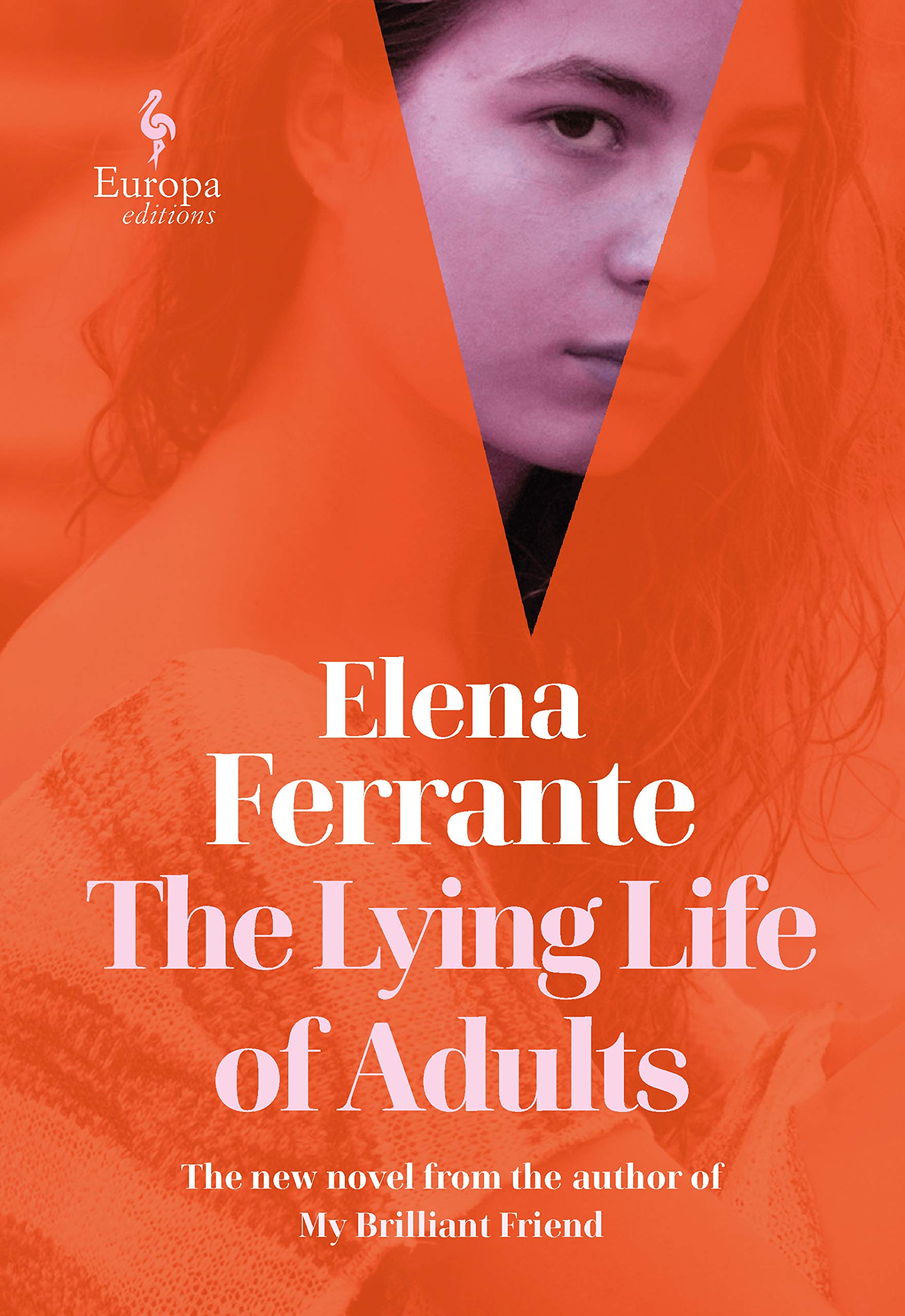Book: The Lying Life of Adults
Author: Elena Ferrante
Publisher: Europa
Price: Rs 2,193
The ability to inspire visceral reactions, even in translation, is undoubtedly one of the driving forces behind the international ‘Ferrante Phenomenon’. Elena Ferrante’s latest novel, The Lying Life of Adults, however, strikes a less ferocious note. This is not to say that the book is less powerful or angry, or Ann Goldstein’s translation less exquisite. It only freezes the fury of her previous work into subtly devastating satire and turns the relentless, remorseless Ferrante gaze into the mystery of identity as it is conceived in the angst of adolescence.
Giovanna, daughter of Neapolitan intellectuals, comfortably off and recent possessor of an idyllic childhood, suddenly finds her world shattered at the age of twelve. She has grown up in a life carefully structured within simple binaries. In the family myth, her parents’ education, sophistication and emotional restraint in the affluent airy heights of Rione Alto are pitted against the monstrous image of her estranged paternal family of unlettered, poor, dialect-screeching boors living in the depths of the Industrial Zone. The Dionysiac darkness of her father’s people is congealed in the figure of Aunt Vittoria, the sister with whom her father has had the bitterest falling-out. According to the paternal point of view, Vittoria is ugly, uncouth and disgusting because she had had an affair with Enzo, a married policeman. Giovanna’s father had ended it by informing the wife and Enzo had died soon after. No wonder then that Giovanna’s world is shattered when she overhears her father tell her mother, in response to reports of poor academic performance, “adolescence has nothing to do with it: she’s getting the face of Vittoria.” But Giovanna has never seen the face of Vittoria. The quest to understand the meaning of Vittoria’s face launches our protagonist on a journey that leads to the seamier side of Naples, to sex and degradation and love and spirituality and a painful waking up into the lying, spying, eavesdropping world of adults.

The Lying Life of Adults by Elena Ferrante, Europa, Rs 2,193 Amazon
If this sounds like the formula for a Bildungsroman, the book is nothing of the kind. The plot, for one, is too complex: Giovanna’s story is four years of her life and cannot be shoehorned into outlines. This is, after all, the author who has made a girl called Lila use the printer’s term, le smarginatura (the cropping of page margins and typographical bleeding), to describe the nausea associated with a certain kind of existential awareness: a spot of time when “the outlines of people and things suddenly dissolved, disappeared” (My Brilliant Friend). Moreover, Giovanna’s initiation into patriarchy and her passage into female adulthood challenge every kind of moral assumption readers make and systematically thwart binary readings. Ferrante’s writing makes us, like Giovanna, complicit in the subversion against parental authority while mocking its lying nature. Just as Vittoria becomes the face in Giovanna’s mirror, beautiful when feeling good thoughts and hideously ugly in suffering, the novel plays with our ideas of self-image terrifyingly, showing us our own minds in spite of what we like to think we want.
This is not surprising, given the author’s own profoundly polarizing identity politics. She writes under a stubbornly-maintained pseudonym and believes that “books, once they are written, have no need of their authors” (1991 letter to her editor). She has compared writing to weaving and taking the skin off an eel, both pleasant disgust and disgusting pleasure. When we clamour for an authorial personality behind a book, we reveal our need for a paternalistic presence rather than the text’s prerequisites for being in the world. This problem is exacerbated when the author is female. In our world, the female author, like Elena in the Neapolitan Quartet, must be highly visible and promote her work in order to right centuries of patriarchal exclusion. Ferrante refuses to comply. Instead, she applies the full force of her craft — strategically, craftily — to tease out the tesserae from the mural we make of the past, placing each piece, flattering and unflattering, under unflinching scrutiny, changing it forever by her gaze.
We also hardly notice that Ferrante does not “do” diversity. She writes from inside the mind of a very specific type of woman, but readers worldwide respond to her work, loving it or hating it, as articulating ‘female experience’, forgetting that such homogenization may be denounced as reductive. Yet Giovanna’s fury at herself, her shame, pride, malice and lies, her vulnerability and her yearning for love speak to something beyond personality and identity, which is perhaps the place of art. While her father’s cruel words calling her ugly (did he really?) remain frozen in the blue February light, Giovanna and Elena Ferrante have been slipping away “within these lines that are intended to give me a story, while in fact I am nothing ... only a tangled knot, and nobody, not even the one who at this moment is writing, knows if it contains the right thread for a story or is merely a snarled confusion of suffering, without redemption.”










